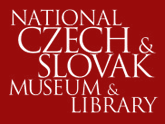“Cultural freedom is rather special; it is not quite like other forms of freedom. First, most freedoms refer to the individual—freedom to speak one’s mind, to go where one wishes, to worship one’s gods, to write what one likes. Cultural freedom, in contrast, is a collective freedom. It refers to the right of a group of people to follow or adopt a way of life of their choice.” Javier Perez de Cuéllar, former United Nations Secretary-General, 1995
Like civil, political, and individual rights, cultural rights are an important part of society. They allow for individuals to promote and protect their identity, whether ethnic, racial, religious, or community-based. As culture is a way of life shared by a group of people, it is inseparable from political and social issues. War, environmental concerns, and political oppression all shape, and are shaped, by culture.
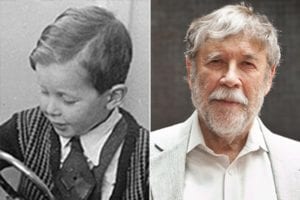 When thinking about cultural concerns, we must think about solutions and ways in which we as individuals and communities can play a role in creating a more equitable society. This is a core part of the motivation for NCSML’s Global Voices, Local Actions series: to promote local civic engagement, awareness of global issues, and learning experiences that fuse the “glocal”: local adaptations of global phenomena. Through this series, we wish to encourage the public to think about what they can do, in their community, with their individual assets and experiences.
When thinking about cultural concerns, we must think about solutions and ways in which we as individuals and communities can play a role in creating a more equitable society. This is a core part of the motivation for NCSML’s Global Voices, Local Actions series: to promote local civic engagement, awareness of global issues, and learning experiences that fuse the “glocal”: local adaptations of global phenomena. Through this series, we wish to encourage the public to think about what they can do, in their community, with their individual assets and experiences.
Our first Global Voices, Local Actions event, “Confronting Genocide and Cultural Differences,” blends discussions of genocide- a global phenomenon that works to eliminate people and their culture- with conversations on the impact of genocide of culture (and vice-versa). Dr. Gideon Frieder, a Slovak Holocaust survivor-speaker, professor and author, will discuss how the Holocaust connects to other genocides, both past and present. Dr. Frieder will be joined by a panel of both scholars and public practitioners whose work connects to the topic.
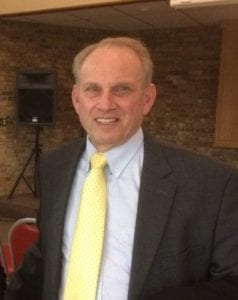 Dr. Stephen Gaies, Director of the University of Northern Iowa Center for Holocaust and Genocide Education, brings his hybrid experience of academic scholarship and public educational outreach to the panel. Bringing a cross-cultural awareness of genocide and culture is University of Minnesota graduate student Wahutu Siguru, whose work largely focuses on the ways in which the Rwanda genocide is portrayed in the media in both North America and throughout Africa. Rounding out the panel, Caleb Gates, a refugee resettlement officer with Catholic Charities in Cedar Rapids, will talk about his experiences of working with communities whose lives have been affected by contemporary genocides and conflict. The panel will be moderated by the Rev. Dr. Catherine Quehl-Engel, Campus Chaplain at Cornell College. Rev. Quehl-Engel is actively involved in Holocaust education programming in the Cedar Rapids area, and has conducted research on post-Holocaust artistry.
Dr. Stephen Gaies, Director of the University of Northern Iowa Center for Holocaust and Genocide Education, brings his hybrid experience of academic scholarship and public educational outreach to the panel. Bringing a cross-cultural awareness of genocide and culture is University of Minnesota graduate student Wahutu Siguru, whose work largely focuses on the ways in which the Rwanda genocide is portrayed in the media in both North America and throughout Africa. Rounding out the panel, Caleb Gates, a refugee resettlement officer with Catholic Charities in Cedar Rapids, will talk about his experiences of working with communities whose lives have been affected by contemporary genocides and conflict. The panel will be moderated by the Rev. Dr. Catherine Quehl-Engel, Campus Chaplain at Cornell College. Rev. Quehl-Engel is actively involved in Holocaust education programming in the Cedar Rapids area, and has conducted research on post-Holocaust artistry.
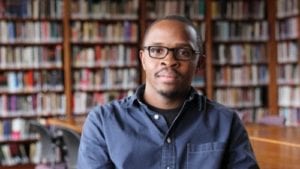
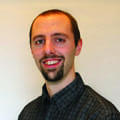 From this event, it is our hope that the public will gain a stronger understanding in how culture and genocide intersect, a knowledge of how they relate to local issues in the Cedar Rapids area, and an awareness of what is being done, both locally and globally, to promote cultural freedom and prevent future genocides from occurring.
From this event, it is our hope that the public will gain a stronger understanding in how culture and genocide intersect, a knowledge of how they relate to local issues in the Cedar Rapids area, and an awareness of what is being done, both locally and globally, to promote cultural freedom and prevent future genocides from occurring.
The event will be held on Tuesday, November 15, at 6:30 p.m. at Sinclair Auditorium, on the campus of Coe College. For more information, visit the event page or contact Dr. Nic Hartmann, NCSML Director of Learning and Civic Engagement, at nhartmann@ncsml.org.
